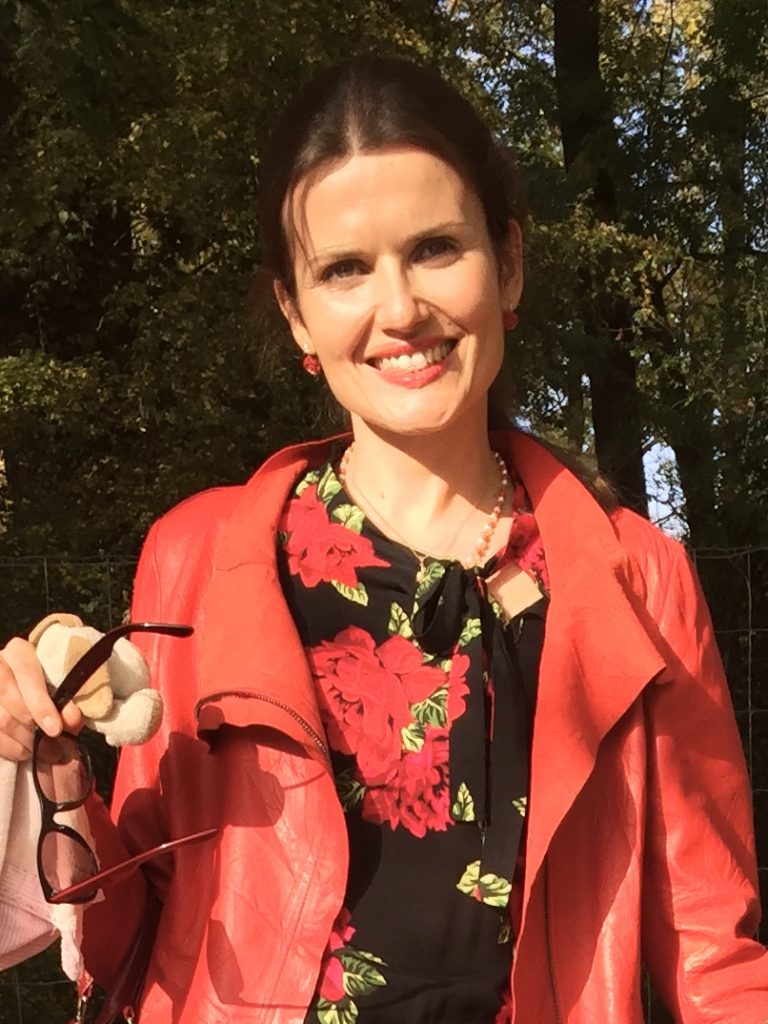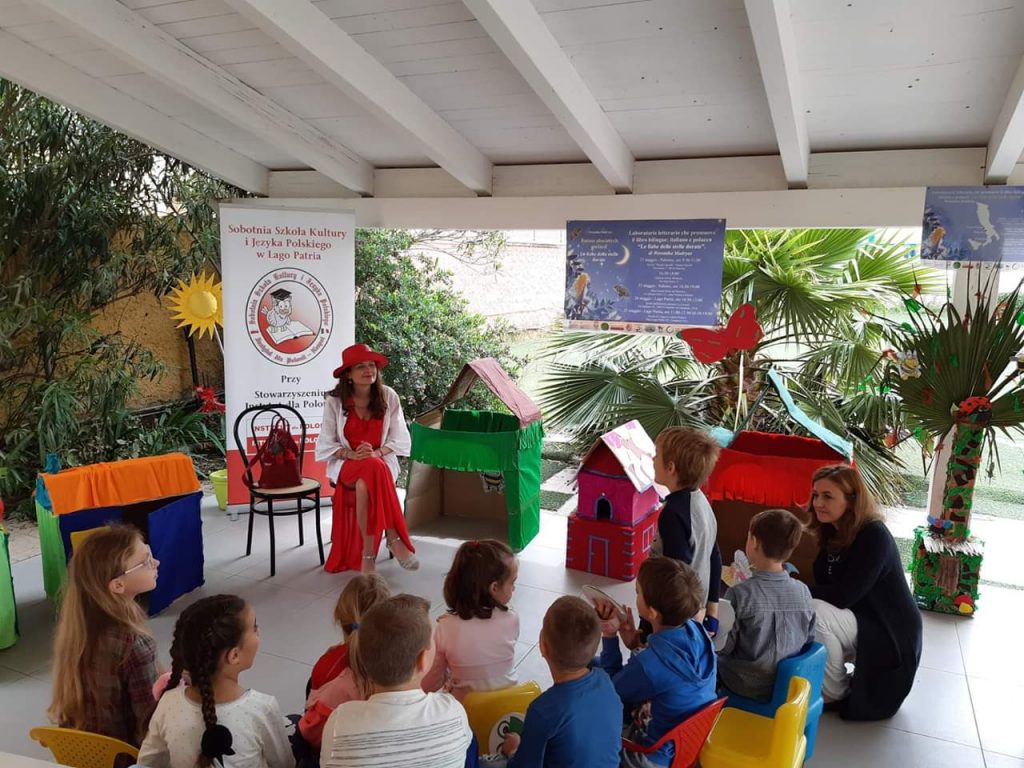Weronika E. Madryas
Doctor of Humanities, Institute of Psychology, university of Wrocław, writer and FAIRYTALE STUDIO owner
https://en.weronikamadryasbooks.com/wydarzenia

The main goal was to develop a model of narrative art therapy, by showing the interrelations between narrative medicine and broadly understood art therapy. The author concentrated on fairy tale therapy, due to her own literary and therapeutic experience. Nevertheless, narrative art therapy can be based on other forms of art, be it theatre or music.
The hypothesis adopted raises the question of whether art therapy can support and reinforce narrative medicine. The author bases her relation on her observations and experience gained during the sessions described with children. In this way, the observations, diary entries and interviews with the children’s carers became the foundation for the conclusions.
The selection of research tools resulted from the real world limitations the author was faced with. The fact that the workshops with the ex-pat Polish children took place in Italy made it difficult to collect detailed options from the parents nad teachers on the workshops. An important source of information was the assessment of the schools’ heads and the opinions of the parents who shared them in their correspondence with the author.
It was much easier to assess the sessions carried out in the Przylądek Nadziei clinic, as the hospital ward is in the author’s home town and thus easily accessible. Apart from that, the doctors there place great emphasis on the mental condition of their patients in their struggle with cancer. Here, the engagement of the medical personnel, and their openness, aided the introduction of fairy tale therapy sessions and to gain their opinions on the matter.
The final goal was to show the role of the bibliotherapist in the dialogue between the humanist doctor and the patient. The context of the bibliotherapist’s participation in such communication is displayed in the third illustration.

